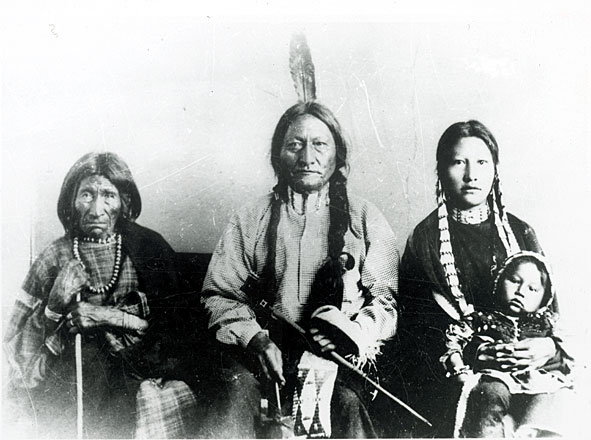Tag: Creek
5 Native American Communities Who Owned Enslaved Africans
April 9, 2014 | Posted by Barbara-Shae Jackson
The Atlanta Black Star
Stories about Black and Native American connections are rarely told within the narrow historical context shared in classrooms, history books and around family tables, but there are some details that reveal a more complete story of enslavement in the Americas.
In the 1830s, the enslavement of Blacks was established in the Indian Territory, the region that would become Oklahoma. By the late 19th century, when over half a million Africans were enslaved in the South, the southern Native American societies of that region had come to include both enslaved Blacks and small numbers of free Black people.
Though the harsh treatment of enslaved Africans largely paled in comparison to that of white slaveholders, Blacks still were treated as an underclass among Native Americas. The Five Civilized Tribes even established slave codes that protected owners’ property rights and restricted the rights of Blacks.
Here are the Five Civilized Tribes who held Black people as slaves.

Chickasaw
It is no surprise that the Native Americans knew the land well. Their knowledge became a lucrative business, especially for the Chickasaws who had keen navigation skills. They were hired by white slaveholders to traverse the terrain to capture Blacks who had escaped slavery.
The Chickasaw also held enslaved Africans of their own, and the system they established closely approximated that of white slaveholders on cotton plantations.
For rest of list please click here.
